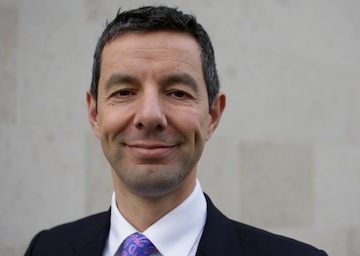Danny Cox, head of Financial Planning at Hargreaves Lansdown, said this is especially the case given the ease for gambling and pay day loan companies to advertise.
Assessing the impact of the Retail Distribution Review, ahead of its first anniversary tomorrow, he thinks there is an investing gap in the UK, not the so-called advice gap.
Mr Cox said the average financial adviser would not get out of bed for a client with less than £100,000.
This has led to the idea of advice gap - those unable to afford the services of an adviser.
While there is much angst about this, he said, the need for the RDR suggests these investors were not served well. He believes DIY investing and telephone advice services are meeting investor needs here.
{desktop}{/desktop}{mobile}{/mobile}
Mr Cox said: "There is an investing gap in the UK, not an advice gap.
"People should be encouraged to invest whether they chose to take advice or not.
"For example, how can we make it as easy to advertise saving and investing safely, given that it is currently easier to advertise gambling and payday loans in the UK than saving and investing."
Mr Cox reported in his RDR assessment that initial advice costs continue to fall, with investors benefiting from the ban on indemnity commission and market forces driving down the initial cost of advice. He said this had been a considerable benefit and that typical advice costs now are either:
- o 3% up front with 0.5% to 0.75% for on-going advice or
- o 1% up front plus 1% for on-going advice
He cited FCA figures recently showing the number of people authorised to give advice has increased by 5% - perhaps due to an increase in the numbers of compliance and sale managers.
The impact of RDR on adviser numbers has been softened by improving equity and housing markets, Mr Cox said, and the use of adviser charging – taking a fee from the product rather than the investor writing a cheque.

